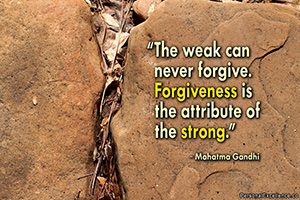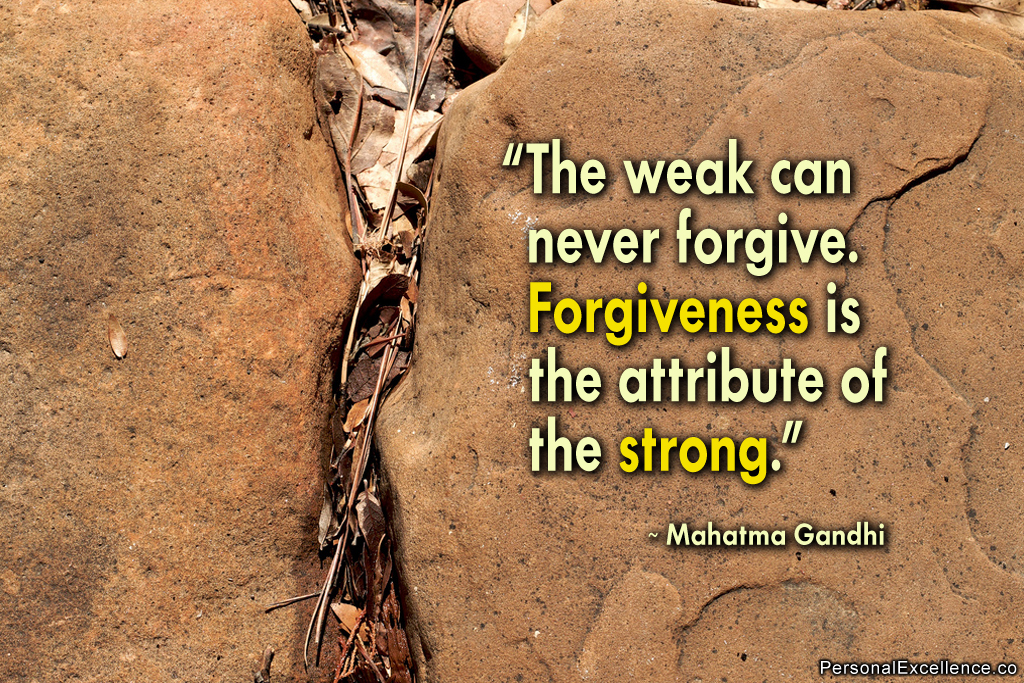
(Image)
“Hi Celes. I have realized for quite a while (years) that I am really harsh with people around me, in that I always tend to make very acid jokes and am fairly radical. Most of the times I would realize straight after that I was a bit too edgy and would feel really sorry, but I just can’t find a way to hold my criticism and sarcasm in. How should I go about it?” — Ana
Hi Ana, I can empathize with your situation. I don’t think I have made acid jokes before but there were points when I was much younger when I would speak sharply without much awareness of others’ feelings.
Sometimes I would feel bad after making the comments. Other times I would only know that the comments had been ill received after observing others’ reactions. I remember one point when a friend and I had a temporary fallout because I corrected her on her grammar over chat. We buried the hatchet a year later. (This was over a decade ago when we were immature adolescents.)
Over the years, I became less blunt. I would think before I speak. I would consider if my opinion was valid or not before sharing it. I would only say things if I feel they elevate someone else. “Blunt,” “critical,” and “curt” stopped being the ethos of my words; “warm,” “nurturing,” and “supportive” took their place.
What changed for me wasn’t that I tried to become less sarcastic, but that I worked on being kinder.
This means that instead of trying to suppress my natural instincts, which were my drivenness, sharpness, and dry wit (which were in a way my strengths), I worked on bringing out the nurturing side of me, which is the part of me that cares about others. This part had already been there all along, just that I had not cultivated it prior, leading it to being undeveloped up until my early 20s when I consciously worked on becoming a better individual.
Your sarcasm is simply the result of not having cultivated the side of you that cares about other people. When you have strong, “A” (alpha) type traits like intellect, drivenness, sharpness, great observation skills, great analytical skills, strong sense of self, a cosmopolitan outlook, and a strong desire for growth, but you lack nurturing qualities like empathy, you naturally come across as sarcastic and harsh. It’s not that you are an asshole. It’s not that you are a masochist. It’s simply that you have undeveloped empathetic qualities which call for development.
Some people’s solution to sarcasm or being critical is to self-censor or to dumb themselves down. This might make them appear less harsh or critical since they are technically not saying anything hurtful (you can’t be hurting anyone if you’re not saying anything), but it’s a half-baked solution in the end. They wind up feeling stifled and unhappy because they repress their true selves. Not only that, they remain sarcastic people since the original issue of them having an undeveloped empathetic side remains.
What you need to do is to work on nurturing your supportive qualities. Empathy, love, kindness, affection, encouragement, gratitude, care, and so on. All these are already in you, somewhere, or you wouldn’t have bothered to pose this question in Ask Celes. You also wouldn’t have felt “really sorry” (to quote you) after saying those harsh words if you were truly uncaring towards others.
The Ana who is going to emerge from developing your supportive qualities is going to be a superior powerhouse compared to self-censoring, self-suppressive Ana. The former will be someone who is in tune with herself, knows her worth, is comfortable in her own skin, and naturally touches people without concerted efforts to do so. The latter is merely someone who is unhappy, unrealized, unassured, and uncomfortable in her own skin.
When you have fully developed the “A” alpha-type traits AND the “B” beta-type traits in you, that’s what it means to become whole with yourself. Your alpha and beta traits would be like the “yin” and the “yang” that complement each other to create the ideal you.






![5 Tips to Deal with Negative Criticism [Video]](https://personalexcellence.co/files/video-negative-criticism-400x267.jpg)
 I hope you find my content helpful. Join my community of 65,000 readers and get my latest articles delivered to your inbox. Your email is safe and I never send spam.
I hope you find my content helpful. Join my community of 65,000 readers and get my latest articles delivered to your inbox. Your email is safe and I never send spam.
Hi Celes,
This is such a thoughtful and helpful response. I loved how you described bringing alpha and beta traits together in harmony–a great way to look at this!
~Christina
Hi Celes,
I really like the “What changed for me wasn’t that I tried to become less sarcastic, but that I worked on being kinder.” thought. If I understand correctly you still keep your sharpness but you package it another way so the point still has the same power but the force is more subtle. For example instead of burning someone with boiling water, you turn the hose to warm and spray harder so they can enjoy it as well and not feel hurt by the comments. Is this correct Celes?
“For example instead of burning someone with boiling water, you turn the hose to warm and spray harder so they can enjoy it as well and not feel hurt by the comments. Is this correct Celes?”
Hi Bob! That’s not exactly what I meant actually. What I was trying to say that the reason someone would make sarcastic or hurting comments simply due to a lack of empathy (for others). So instead of trying to dumb down or repeatedly second guess him/herself (which will in turn eat away at his/her default attributes of being sharp and focused in other areas in life), developing one’s empathy will naturally make the person voice comments that are sensitive and considerate towards others, without even needing to think much about what he/she should say in social contexts. The solution isn’t to tone down the person’s alpha traits but to develop the beta traits such that the person would have both strong alpha and beta traits (hence coming full circle).
Thank you for you reply Celes,
I realise that I am not very empathetic at all and have found three simple ways to develop this:
1. Becoming more skillful at reading emotions from the faces & bodies of people we interact with.
2. Grow awareness about our own emotions by keeping an “emotions log” by keeping a daily record of emotions we experience, to uncover patterns and appreciate the immense variety of emotional nuances.
3. Make it a habit to be an explorer of emotions, ask people to share with you their emotions. The best way to understand how people feel is to ask them.
Can you give examples of the questions you ask Celes?
“3. Make it a habit to be an explorer of emotions, ask people to share with you their emotions. The best way to understand how people feel is to ask them.”
Hmm, I wouldn’t say I have any groundbreaking or earth shattering way of asking. I just ask it as it is, “How are you feeling now?” and “Tell me what’s on your mind”. These are probably the two questions I use the most in wanting to know the person’s present state, especially if the person is not giving me anything to work with. Being earnest and upfront in your intentions will get the message across; I personally never worry about the phrasing or wording too much because my intention to connect with the person takes care of everything else.
I think steps one and three steps you have listed sound great and the next step will be to apply them on a day-to-day basis to hone the empathetic side in you. I’m personally not sure if the second step will really matter other than to gain awareness of one’s own emotions (even then it would only be helpful if one has near zero awareness of one’s own emotions, which I think would be an EQ-zero person and I don’t think that’s you Bob).
Thank you for your suggestions Celes,
I’m intrigued when you say “being earnest and upfront in your intentions” and “my intention to connect with the person takes care of everything else”. Do you think of an intention for each conversation beforehand or is it a general intention that becomes more focused as the conversation develops?
Hey Bob, I think it depends on each person and how the person likes to communicate. Personally I always talk about whatever feels right while talking with the person; I don’t plan or think too much. I think doing that makes the conversation seemingly robotic and rigid. The other thing is I have been conversing, networking, and socializing often enough to make it a natural part of me; for some people who are still not too acquainted with their conversational skills, they might feel more comfortable having a few set questions/topics to use during a conversation so they’d have some things to talk about in case there are awkward moments.
If I sometimes have a specific business agenda or thing I need to inquire/need help on, then I’ll make a mental note to raise that question/topic during the conversation, but still leave everything else based on the moment.
By the way, when I say “intention”, what I mean is merely the intention to know the person better as I want to know anyone better. There isn’t any specific question or objective I tie in to that.
I’ve written more about having great conversations here: https://personalexcellence.co/blog/conversation/
Commenting for this post is closed.